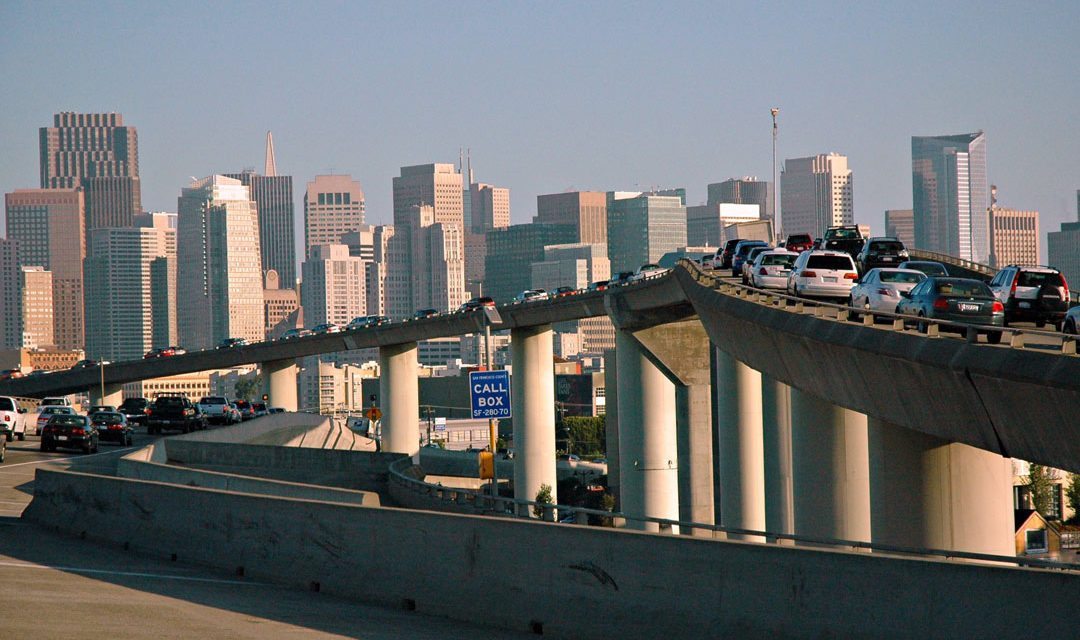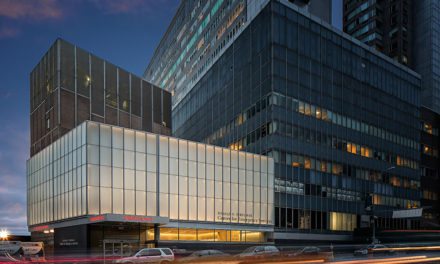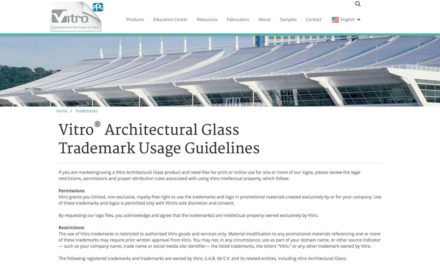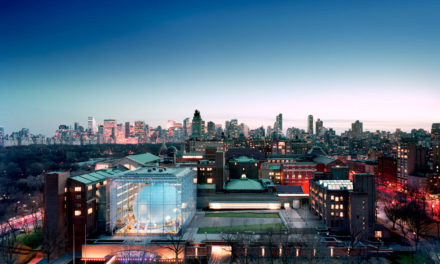Multidisciplinary student teams asked to redefine the boundaries of the “hour city” radius, providing broader access to opportunity
LOS ANGELES–(BUSINESS WIRE)–AECOM and Van Alen Institute, with 100 Resilient Cities – Pioneered by The Rockefeller Foundation, May 2 launched Urban SOS™ 2017: hOUR City, a global student ideas competition that challenges multidisciplinary teams to help bridge the divide between thriving and struggling communities in regions around the world.
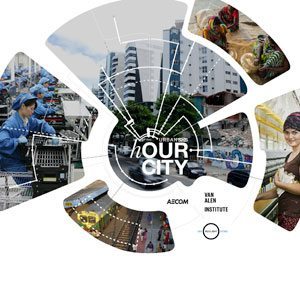 The “hour city” radius – the distance people can travel in one hour – has historically defined the boundary of a city, the reach of its infrastructure, and its exchanges with surrounding areas. However, with the forces of globalization and dramatic geographic, social, and economic shifts, the time has come to reimagine new ways to connect people in suburban, rural, and isolated urban communities. hOUR City invites students to create outcomes that promote equal access to opportunity. The solutions proposed by students must tackle transportation, housing, or economic development challenges, and re-imagine what a future “hour city” boundary can be.
The “hour city” radius – the distance people can travel in one hour – has historically defined the boundary of a city, the reach of its infrastructure, and its exchanges with surrounding areas. However, with the forces of globalization and dramatic geographic, social, and economic shifts, the time has come to reimagine new ways to connect people in suburban, rural, and isolated urban communities. hOUR City invites students to create outcomes that promote equal access to opportunity. The solutions proposed by students must tackle transportation, housing, or economic development challenges, and re-imagine what a future “hour city” boundary can be.
The 2017 challenge will be the eighth in the Urban SOS™ student ideas competition series founded by AECOM, a premier, fully integrated global infrastructure firm, and the third one hosted in collaboration with Van Alen Institute, a design nonprofit with a 120-plus-year history of organizing competitions, and 100 Resilient Cities – Pioneered by The Rockefeller Foundation.
“We are experiencing tectonic shifts in the global geo-political-economic landscapes and cities are at the epicenter. AECOM is an ideas-driven company that advises cities around the world on how to address these challenges to succeed,” said Stephen Engblom, AECOM global cities director. “We believe that the ideas incubated by the Urban SOS competition will bear imaginative solutions that can then be delivered in partnership with city leadership.”
“Cities today face opportunities and challenges that require holistic, interdisciplinary solutions,” said David van der Leer, executive director of Van Alen Institute. “We are proud to guide tomorrow’s leaders to collaborate actively to imagine creative visions for the future of urban life and public space.”
“Many of the issues at the core of resilience building must be solved by working on a regional level, bridging the divide between urban, suburban, and rural communities. Areas such as transportation, the economy, and disaster preparedness need to involve both a city and its surrounding communities in order to be successful,” said Michael Berkowitz, president of 100 Resilient Cities. “We are excited to continue our collaboration on the Urban SOS competition to imagine regional solutions through the next generation of leaders.”
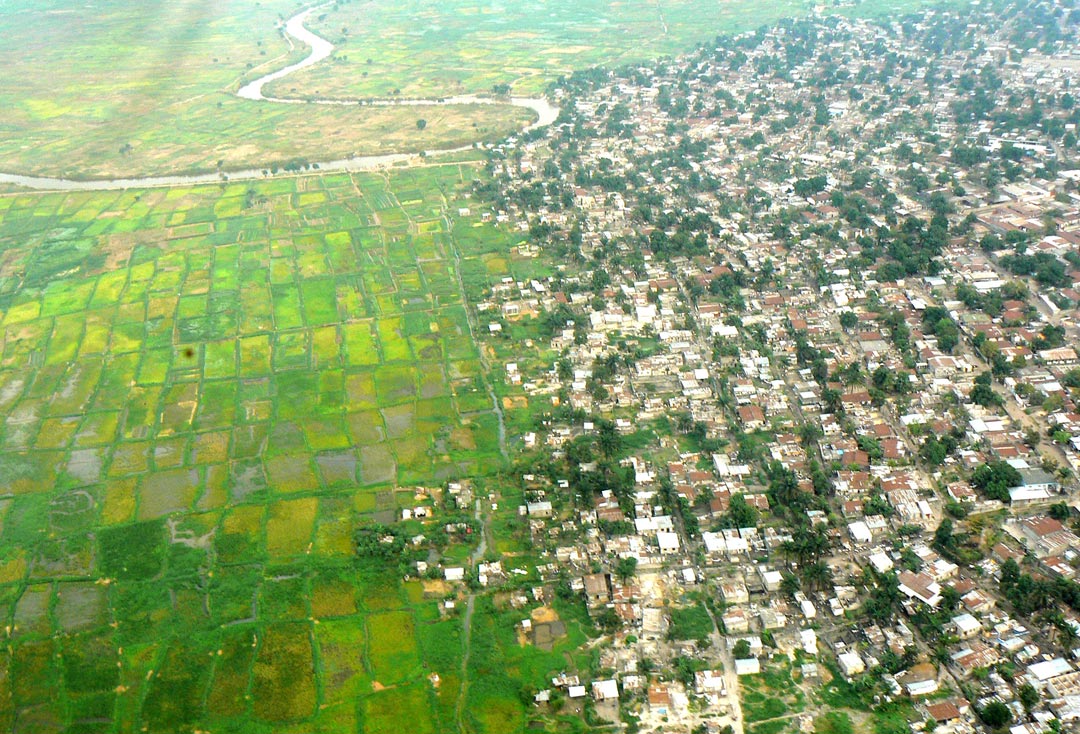
Urban SOS™ 2017: hOUR City is a project of AECOM and Van Alen Institute, in collaboration with 100 Resilient Cities — Pioneered by The Rockefeller Foundation. Photo: Flickr user FredR
hOUR City will convene juries of leading professionals from design, business, government, and other sectors in Hong Kong, London, New York, and Sydney to review the top student proposals. The finalist teams will then be invited to present at a final jury event in Los Angeles in January 2018, with prize money distributed among the finalist teams. The winning team will also receive in-kind support from AECOM to implement a pilot version of their project.
Last year’s Urban SOS competition, Fair Share, challenged teams to combine design with the tools and technologies of the sharing economy to create more equitable access to resources, envision more sustainable built environments, and enrich the lives of urban residents. The winning team, comprising students at Washington University in St. Louis, proposed reusing United States Postal Service (USPS) post offices in Los Angeles slated for closure and excess capacity within the USPS distribution network to collect, store, and deliver surplus food to neighborhoods with limited food access. Team members include Irum Javed, Anu Samarajiva and Lanxi Zhang, students in public health, architecture/urban design and landscape architecture/urban design. The team is currently developing a pilot initiative to be implemented in Los Angeles later this year.
Proposals to hOUR City are due by 11:59 pm EDT on Monday, July 17. More information about the competition, as well as links to pre-register and enter the competition, can be found at http://www.aecom.com/urbansos.
Urban SOS™ 2017: hOUR City is a project of AECOM and Van Alen Institute, in collaboration with 100 Resilient Cities — Pioneered by The Rockefeller Foundation.
Urban SOS™ is a trademark of AECOM.
About AECOM
AECOM is built to deliver a better world. We design, build, finance and operate infrastructure assets for governments, businesses and organizations in more than 150 countries. As a fully integrated firm, we connect knowledge and experience across our global network of experts to help clients solve their most complex challenges. From high-performance buildings and infrastructure, to resilient communities and environments, to stable and secure nations, our work is transformative, differentiated and vital. A Fortune 500 firm, AECOM had revenue of approximately $17.4 billion during fiscal year 2016. See how we deliver what others can only imagine at aecom.com and @AECOM. Website: www.aecom.com/urbansos
About Van Alen Institute
At Van Alen Institute, we believe design can transform cities, landscapes, and regions to improve people’s lives. We collaborate with communities, scholars, policymakers, and professionals on local and global initiatives that rigorously investigate the most pressing social, cultural, and ecological challenges of tomorrow. Building on more than a century of experience, we develop cross-disciplinary research, provocative public programs, and inventive design competitions.
About 100 Resilient Cities – Pioneered by The Rockefeller Foundation
100 Resilient Cities – Pioneered by The Rockefeller Foundation (100RC) helps cities around the world become more resilient to the physical, social, and economic challenges that are a growing part of the 21st century. 100RC provides this assistance through: funding for a Chief Resilience Officer in each member city who will lead the resilience efforts; resources for drafting a resilience strategy; access to private sector, public sector, academic, and NGO resilience tools; and membership in a global network of peer cities to share best practices and challenges.

